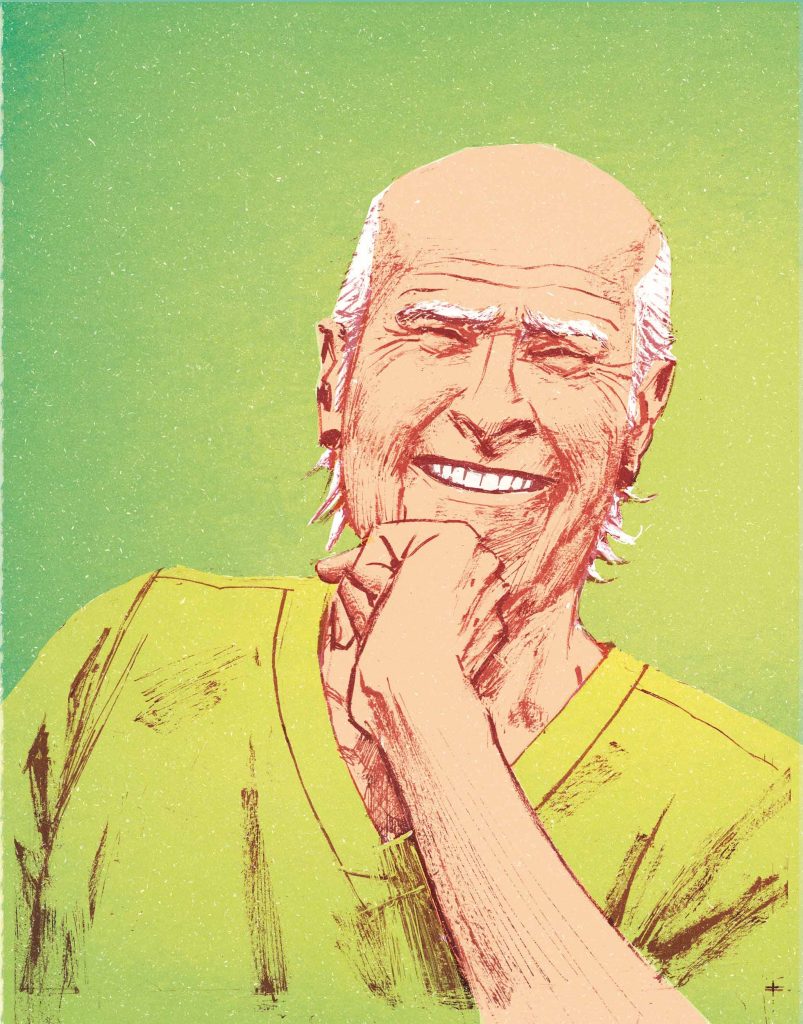With the death of Umberto Veronesi last November, the cancer world has lost one of its great leaders, and we at the European School of Oncology have lost our inspiration and founder. In this issue we remember his achievements as a visionary surgeon, whose pioneering development of breast conserving therapy and adjuvant therapy led to a paradigm change in our approach to cancer care.

We also look ahead, in our Cover Story, to see how Veronesi’s guiding principle of finding the least harmful way of safely treating each breast cancer is now also starting to be applied to screening and prevention. Specifically, we explore the work being done by a number of groups to define and measure women’s individual risk, which is adding a new dimension to the long-running debate about the risks and benefits of ‘one size fits all’ mammography programmes, and beginning to map out a new field of population-based risk-stratified prevention.
In opening up the potential for personalising breast screening schedules, as well as prevention advice and interventions, this research may eventually lead to another paradigm change for which Veronesi was an early and lifelong advocate, namely rebalancing cancer control efforts to focus on intervening at the earliest possible stage.
We know, for instance, that tamoxifen can halve the chances of getting breast cancer in many women at high risk, just as we know that low-dose aspirin can dramatically reduce the risk of colorectal cancer. Using our growing knowledge of risk factors to introduce population-based risk screening with tailored detection and prevention packages for those at highest risk could be one of the most powerful strategies we currently have to cut deaths and suffering from cancer, and would be a great way to carry forward Veronesi’s legacy.
In this issue we also say Happy New Year to all our readers, and a special greeting to everyone who will be gathering in Amsterdam for the new ECCO conference – four intense days of presentations and debates that will set the framework for how we tackle the big challenges of delivering patient-centred quality care to everyone who needs it.
ECCO, and each one of its member societies, deserve recognition for this innovative conference, which is looking outward to engage more in discussions about the non-medical aspects of providing sustainable best-quality care, while also focusing down on the multidisciplinary collaboration that will be essential to delivering that care.
With the number of patients, and the complexity of their care steadily rising, and little sign of better times for European economies, challenges undoubtedly lie ahead, some of which are reported in our Systems & Services article, ‘No time!’, which looks at the impact of growing staff shortages in cancer care. For this issue’s ‘In the Hot Seat’, meanwhile, we present ECCO’s new President- elect, Philip Poortmans, who answers our questions about his vision for helping ECCO’s member societies work to a common goal to meet those challenges in the best interests of all patients.


